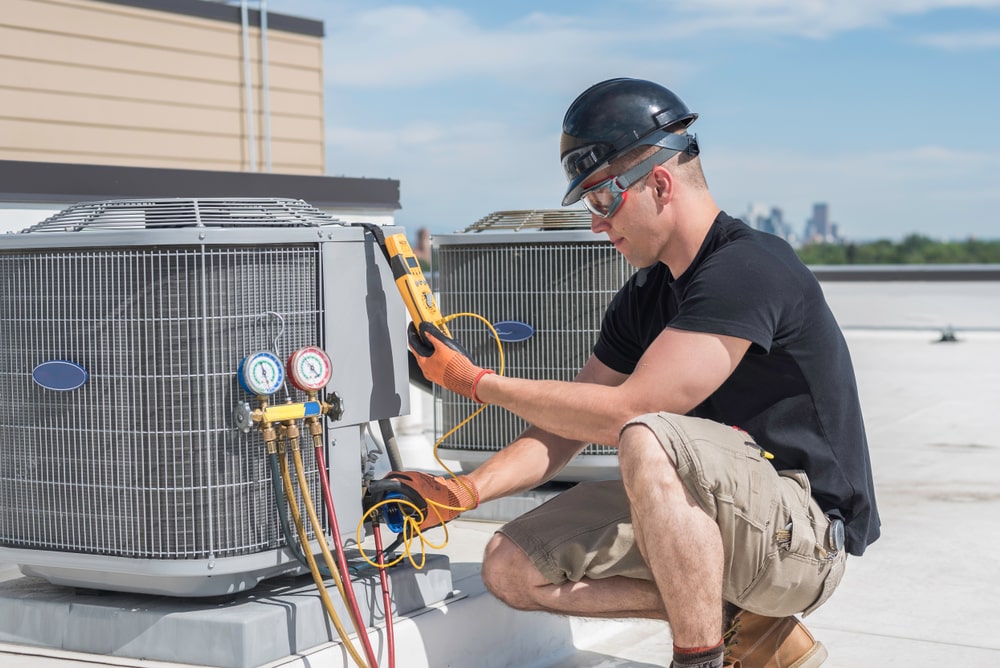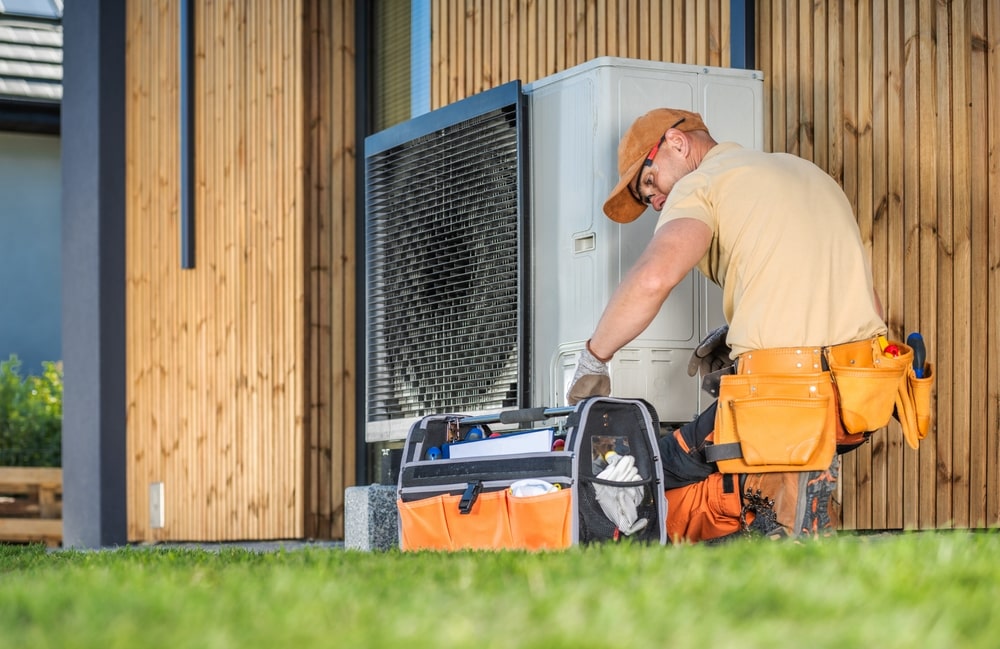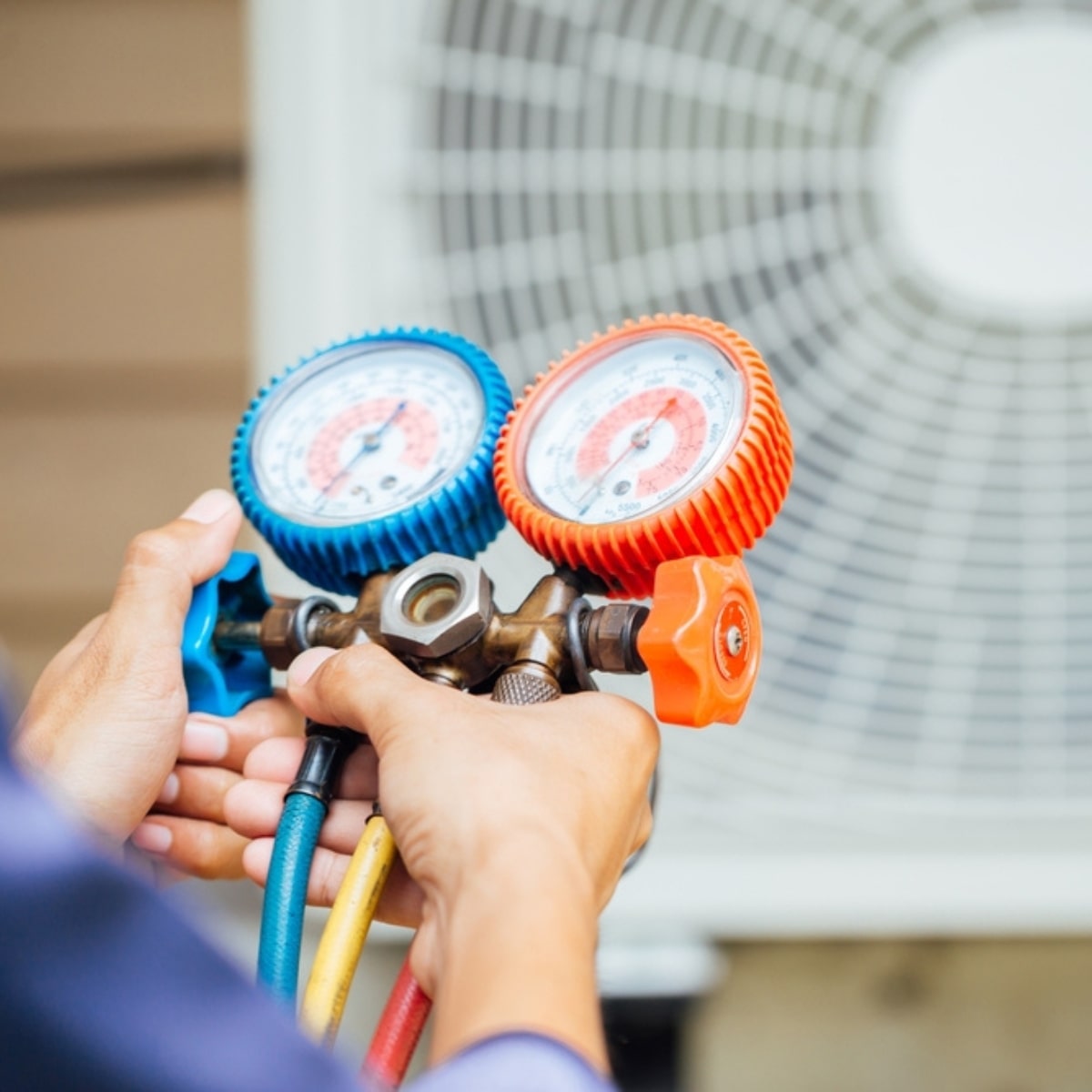
HVAC systems are indispensable when it comes to keeping your home comfortable year-round. However, choosing the right system goes beyond size and cost; understanding HVAC ratings and efficiency standards is equally crucial. In Canada, where climate extremes range from freezing winters to sweltering summers, selecting an energy-efficient system can significantly impact comfort, energy bills, and the environment.
In this blog, we’ll break down key HVAC efficiency ratings, explore Canadian standards, and offer practical tips for selecting an energy-efficient system tailored to your home.
Decoding HVAC Efficiency Ratings
The efficiency of HVAC systems is measured using several standardized ratings. These ratings clearly indicate how well a system performs and how much energy it consumes to maintain optimal indoor conditions. Let’s explore the most common ones:
Seasonal Energy Efficiency Ratio (SEER)
SEER measures the cooling efficiency of air conditioners and heat pumps during a typical cooling season. The higher the SEER rating, the more efficient the system. In Canada:
- The minimum SEER rating for new central air conditioners is 13.
- High-efficiency systems boast SEER ratings of up to 21.
A higher SEER rating reduces energy consumption and lowers electricity bills during hot summer months.
Annual Fuel Utilization Efficiency (AFUE)
AFUE applies to furnaces and boilers, indicating the percentage of fuel converted into usable heat. For example:
- An AFUE rating of 90% means 90% of the fuel is used for heating, while 10% is lost.
- Modern, high-efficiency furnaces in Canada often have between 90% and 98% AFUE ratings.
Choosing a furnace with a higher AFUE rating ensures you get the most heat for your money, particularly during Canada’s long, cold winters.
Heating Seasonal Performance Factor (HSPF)
HSPF measures the heating efficiency of heat pumps over an entire heating season. A higher HSPF means greater efficiency. In Canada:
- An HSPF of 8 or higher is considered efficient.
Heat pumps are increasingly popular in Canada due to their ability to provide heating and cooling, making this rating an important consideration.
Canadian Energy Efficiency Standards
Canada has stringent energy efficiency regulations to promote sustainable living and reduce carbon footprints. Here’s what homeowners need to know:
Natural Resources Canada (NRCan) Standards
The Canadian government enforces minimum energy efficiency standards for HVAC systems through NRCan. These regulations ensure that:
- Products meet or exceed specific performance levels.
- Inefficient systems are phased out, reducing overall energy consumption nationwide.
Homeowners should check that any new HVAC system complies with NRCan standards for optimal performance and legal compliance.
ENERGY STAR® Certification
ENERGY STAR® is an international program that identifies energy-efficient products. HVAC systems with this label:
- Are in the top 15-30% of their class for efficiency.
- Often exceed minimum NRCan standards.
Purchasing ENERGY STAR® certified equipment guarantees energy savings and improved environmental performance.

Why Understanding HVAC Ratings Matter
Choosing the right HVAC system is a significant investment. Here’s why understanding these ratings is so important:
Lower Energy Bills
Efficient systems consume less energy, which translates to lower utility costs. For instance:
- A furnace with a 95% AFUE rating uses 5% less fuel than a system with a 90% rating.
- A high-SEER air conditioner can save hundreds of dollars annually in cooling costs.
Enhanced Comfort
High-efficiency systems maintain consistent indoor temperatures and improve air quality. They often come with advanced features like variable-speed motors, ensuring airflow and eliminating temperature fluctuations.
Environmental Benefits
Using energy-efficient HVAC systems reduces greenhouse gas emissions. Homeowners contribute to Canada’s efforts to combat climate change by opting for a high-efficiency unit.
Government Incentives
In some provinces, rebates and incentives are available for upgrading to energy-efficient systems. For example:
- Ontario offers rebates for high-efficiency heat pumps and furnaces.
- Federal programs like the Canada Greener Homes Initiative provide financial assistance for energy-efficient upgrades.
Tips for Selecting the Right HVAC System
Choosing the perfect HVAC system for your home requires careful consideration of several factors:
Understand Your Climate
Canada’s diverse climate zones influence the type of system you need:
- In colder regions, prioritize furnaces with high AFUE ratings for effective heating.
- Focus on air conditioners or heat pumps with high SEER ratings in warmer areas.
Size Matters
An HVAC system that is too small will struggle to heat or cool your home, while an oversized system can lead to inefficient operation and higher energy costs. Conducting a proper load calculation with a professional ensures your system is the perfect size.
Consider Maintenance Costs
High-efficiency systems may have higher upfront costs but can save money over time due to lower maintenance and operational expenses.
Work with Trusted Professionals
Consulting with certified HVAC professionals is essential. They can:
- Evaluate your home’s unique requirements.
- Recommend systems that align with your budget and efficiency goals.

Common Misconceptions About HVAC Efficiency
Despite the benefits, there are several misconceptions about HVAC efficiency that homeowners should avoid:
Higher Efficiency Always Costs More
While high-efficiency systems may have a higher purchase price, the long-term savings on energy bills often outweigh the initial cost.
Energy Efficiency Equals Faster Heating or Cooling
Efficiency ratings measure energy use, not speed. A high-efficiency system may take the same time to heat or cool as a standard model but will use less energy.
All Systems with the Same Rating Perform Equally
Not all systems with similar ratings are created equal. Advanced features like smart thermostats and zoning capabilities can significantly enhance a system’s performance.
The Importance of Understanding HVAC Ratings
Understanding Canada’s HVAC ratings and efficiency standards is key to making informed decisions about your home’s comfort and energy use. Homeowners can select systems that align with their needs, save money, and reduce environmental impact by learning about SEER, AFUE, and HSPF ratings and staying updated on Canadian efficiency standards.
Investing in a high-efficiency HVAC system is more than a financial decision; it’s a step toward sustainable living and better home comfort. At Dion Comfort, we are here to help you make the best choice for your home.
Upgrade Your Comfort with Dion Comfort
At Dion Comfort, we specialize in delivering high-efficiency HVAC systems designed for the unique demands of Canadian homes. From professional installation to maintenance, our team ensures your system operates at peak performance.
Call us today or visit our website to schedule a consultation. Let us help you create a comfortable and energy-efficient home environment!






